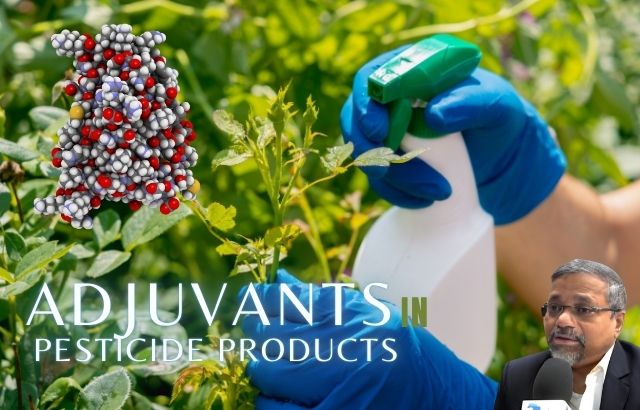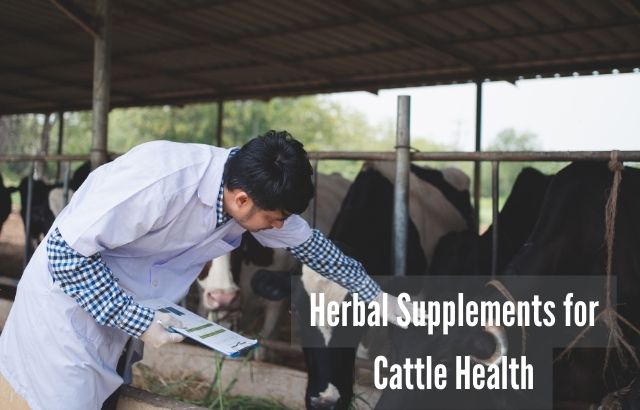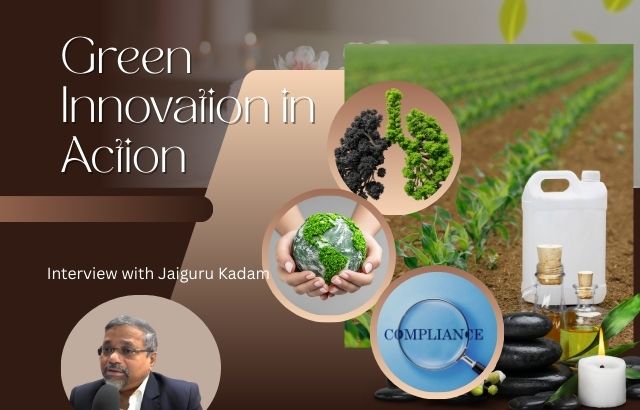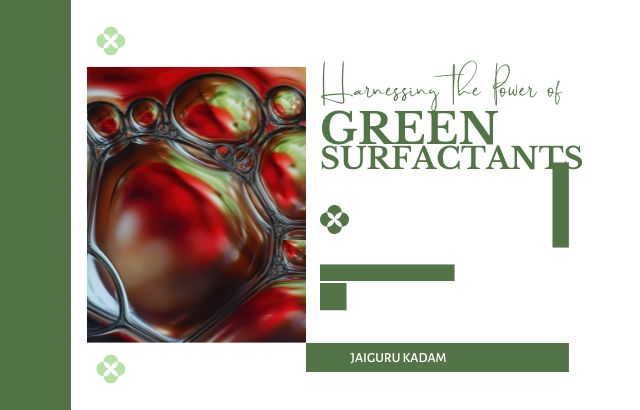Toothpaste and soap companies are at the forefront of the personal care industry, meeting essential hygiene needs worldwide. As consumer demand for sustainable, eco-friendly products grows, these companies are hiring Green Innovators to drive innovation in formulations, packaging, and manufacturing processes. Green Innovators are transforming the industry by reducing environmental impact and aligning with global sustainability goals. This blog explores why toothpaste and soap companies are prioritizing Green Innovators, provides real-world examples, details their roles, and shares insights from Agriculture Green Innovator Jaiguru Kadam, including calculations and intriguing statistics. We also address frequently asked questions to guide stakeholders and eco-conscious consumers.
The Landscape of Toothpaste and Soap Industries
Toothpaste Industry
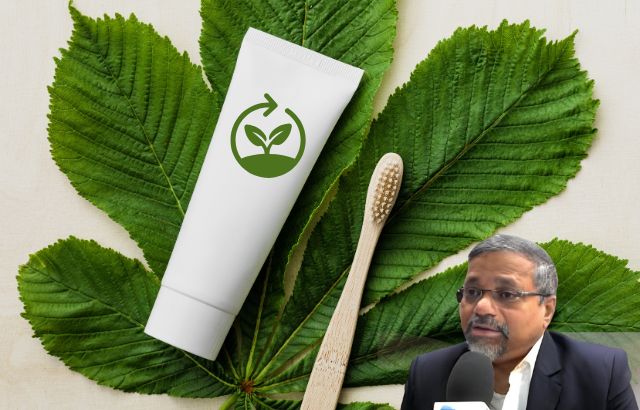
Toothpaste is a daily essential, formulated to clean teeth, prevent cavities, and promote oral health. The global toothpaste market was valued at $30 billion in 2023, with a projected CAGR of 4.7% through 2030, driven by demand for natural, herbal, and eco-friendly options.
- Raw Materials: Calcium carbonate, herbal extracts (e.g., neem, mint), natural sweeteners, and biodegradable abrasives.
- Manufacturing Process: Mixing, filling, packaging, and quality testing.
- Market: Retailers, e-commerce, dental professionals, and health-conscious consumers.
Soap Industry

Soap, encompassing bar and liquid varieties, is critical for personal hygiene and skincare. The global soap market is anticipated to reach $35 billion by 2035, with a CAGR of 2.66%, fueled by demand for organic and sustainable products.
- Raw Materials: Oils (e.g., coconut, olive), natural surfactants, and essential oils.
- Manufacturing Process: Saponification, molding, cutting, and eco-friendly packaging.
- Market: Households, hotels, spas, and eco-conscious retailers.
Why Hire Green Innovators?
Toothpaste and soap companies face pressure to reduce plastic waste, eliminate harmful chemicals, and lower carbon footprints. Green Innovators are hired to develop sustainable solutions, meet regulatory requirements (e.g., EU’s ban on microplastics), and appeal to environmentally conscious consumers, with 60% preferring natural and sustainable products.
Real-World Examples
- Colgate-Palmolive (USA): Colgate’s Smile for Good toothpaste uses vegan, natural ingredients and recyclable tubes, with Green Innovators driving biodegradable packaging innovations.
- Unilever (UK): Unilever’s Dove soap brand employs Green Innovators to formulate plant-based soaps and implement 70% recycled plastic packaging, aligning with their 2025 sustainability goals.
- Himalaya Wellness (India): Himalaya’s herbal toothpastes and Ayurvedic soaps incorporate neem and turmeric, with Green Innovators sourcing sustainable ingredients and reducing water usage in production.
- Vibey Soap Co. (USA): This organic soap brand uses vegan, plant-based ingredients in plastic-free clamshell packaging, hiring Green Innovators to optimize eco-friendly formulations.
The Role of a Green Innovator

A Green Innovator in toothpaste and soap companies is a catalyst for sustainability, integrating eco-friendly practices into product development and operations. Their roles include:
- Sustainable Formulations: Developing products with natural, biodegradable ingredients (e.g., green surfactants) to reduce chemical runoff by up to 70%.
- Eco-Friendly Packaging: Designing recyclable, biodegradable, or refillable packaging, like ITC Savlon’s 70% recycled plastic soap wrappers.
- Energy Efficiency: Implementing renewable energy, such as solar power, in manufacturing to cut emissions.
- Supply Chain Sustainability: Sourcing ethical, local raw materials to minimize transport emissions and support fair trade.
- Consumer Education: Promoting green products through transparent labeling and campaigns to drive adoption.
Green Innovators ensure these industries align with sustainability trends, such as the demand for organic soaps, expected to reach $1.29 billion by 2030.
Insights from Jaiguru Kadam, Agriculture Green Innovator
Jaiguru Kadam, a leading Agriculture Green Innovator from India, has contributed to sustainable personal care by developing green solvents and plant-based ingredients for toothpaste and soap formulations. His work, highlighted in his advocacy for green solvents like supercritical CO2, reduces toxicity by up to 80%. Below are two calculations by Kadam that showcase the financial and environmental benefits of green innovations in these industries.
Calculation 1: Cost-Benefit Analysis of a Green Toothpaste Production Unit
- Setup Cost:
- Mixing and filling equipment: $4,000
- Sustainable raw materials (neem, mint): $1,500
- Biodegradable tube packaging machine: $2,500
- Total: $8,000
- Annual Revenue:
- Product: Herbal toothpaste (20,000 tubes/year, 100g each)
- Market price: $3/tube
- Revenue: 20,000 tubes × $3 = $60,000
- Annual Operating Costs:
- Labor: $3,000
- Raw materials: $5,000
- Utilities and maintenance: $2,000
- Total: $10,000
- Net Profit: $60,000 – $10,000 = $50,000
- Break-Even Period: $8,000 ÷ $50,000 ≈ 0.16 years (about 2 months)
Kadam’s model demonstrates that a small-scale green toothpaste unit can recover costs in two months, making it viable for eco-conscious startups.
Calculation 2: Environmental Impact of Green Solvents in Soap Production
- Traditional Solvents (Petroleum-Based):
- Use: 1,000 liters/year for ingredient extraction
- Toxicity: 1,000 liters × 0.8 kg toxic residue/liter = 800 kg/year
- CO2 emissions: 1,000 liters × 2 kg CO2/liter = 2,000 kg CO2/year
- Green Solvents (Supercritical CO2):
- Use: 1,000 liters/year
- Toxicity: 1,000 liters × 0.16 kg toxic residue/liter = 160 kg/year (80% reduction)
- CO2 emissions: 1,000 liters × 0.5 kg CO2/liter = 500 kg CO2/year
- Annual Savings:
- Toxicity reduction: 800 kg – 160 kg = 640 kg
- CO2 reduction: 2,000 kg – 500 kg = 1,500 kg CO2/year
Kadam’s green solvent approach, as noted in his work, significantly reduces toxicity and emissions, promoting safer and greener soap production.
Impressive Statistics

- Market Growth: The organic soap market is projected to reach $4.17 billion by 2032, with a CAGR of 7.33%.
- Consumer Trends: 34% of Indian consumers prefer herbal toothpaste for better gum health, with 25% willing to pay more for novel flavors.
- Plastic Waste: The personal care industry generates 120 billion packaging units annually, but biodegradable packaging can reduce waste by 20–30%.
- Sustainability Impact: Green surfactants in soaps reduce chemical runoff by up to 70%, protecting water systems.
- Green Jobs Surge: Green job opportunities in India surged 80–100% in 2023, with companies like Tata Steel hiring for sustainability roles.
FAQs About Toothpaste, Soap Companies, and Green Innovators

Q1: Why are toothpaste and soap companies hiring Green Innovators?
A: Green Innovators develop sustainable products, reduce plastic waste, and lower emissions to meet consumer demand for eco-friendly options and comply with regulations.
Q2: How do Green Innovators improve toothpaste and soap products?
A: They formulate products with natural ingredients, use green solvents, and design biodegradable packaging, ensuring safety and sustainability.
Q3: What challenges do companies face in adopting green practices?
A: High initial costs, supply chain complexities, and consumer awareness are challenges. Green Innovators address these with cost-effective technologies and education.
Q4: Are sustainable toothpaste and soap products effective?
A: Yes, products with herbal ingredients like neem or natural surfactants clean effectively while being gentle on skin, teeth, and the environment.
Q5: Which companies are leading in sustainable toothpaste and soap?
A: Colgate-Palmolive, Unilever, Himalaya Wellness, and Vibey Soap Co. are pioneers, hiring Green Innovators to innovate eco-friendly formulations and packaging.
Conclusion
Toothpaste and soap companies are embracing sustainability by hiring Green Innovators to meet the growing demand for eco-friendly products. Brands like Colgate-Palmolive and Himalaya Wellness are leading with natural formulations and sustainable packaging, driven by innovators like Jaiguru Kadam, whose calculations highlight the profitability and environmental benefits of green practices. As the organic soap market grows and consumer preferences shift, Green Innovators are key to creating a cleaner, greener future for personal care, offering opportunities for businesses and eco-conscious consumers alike.



